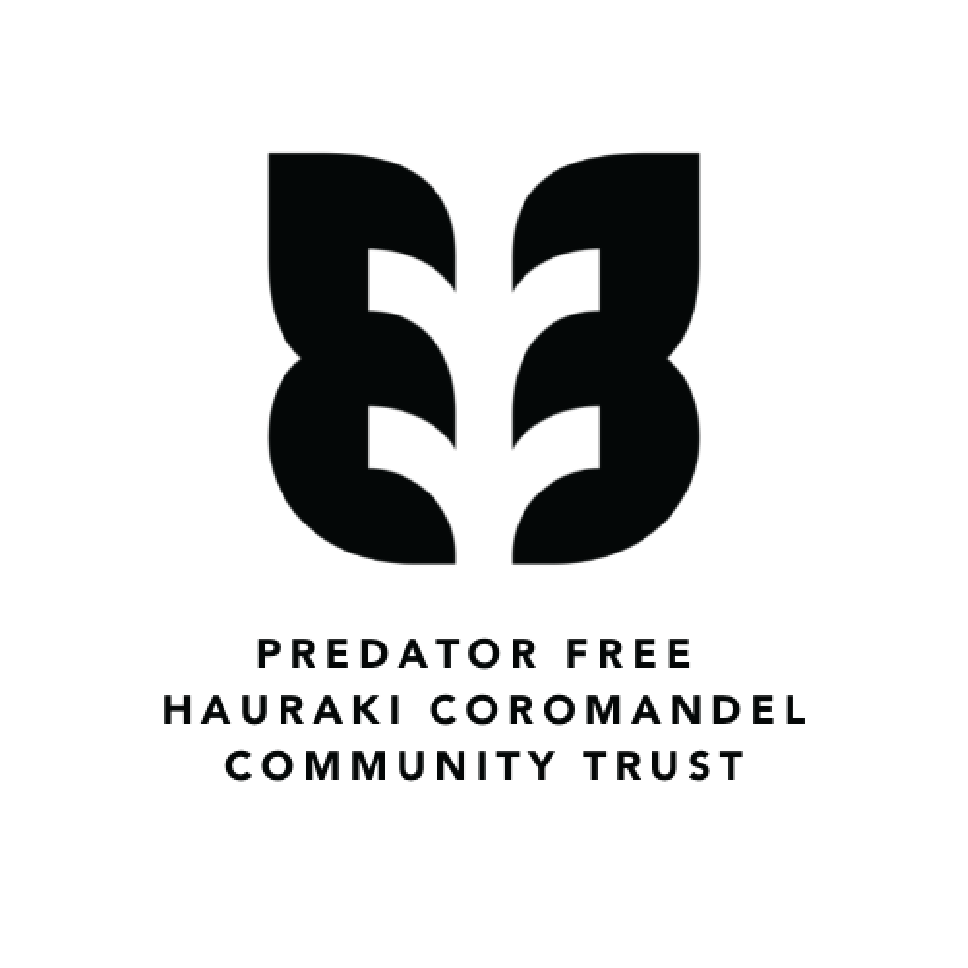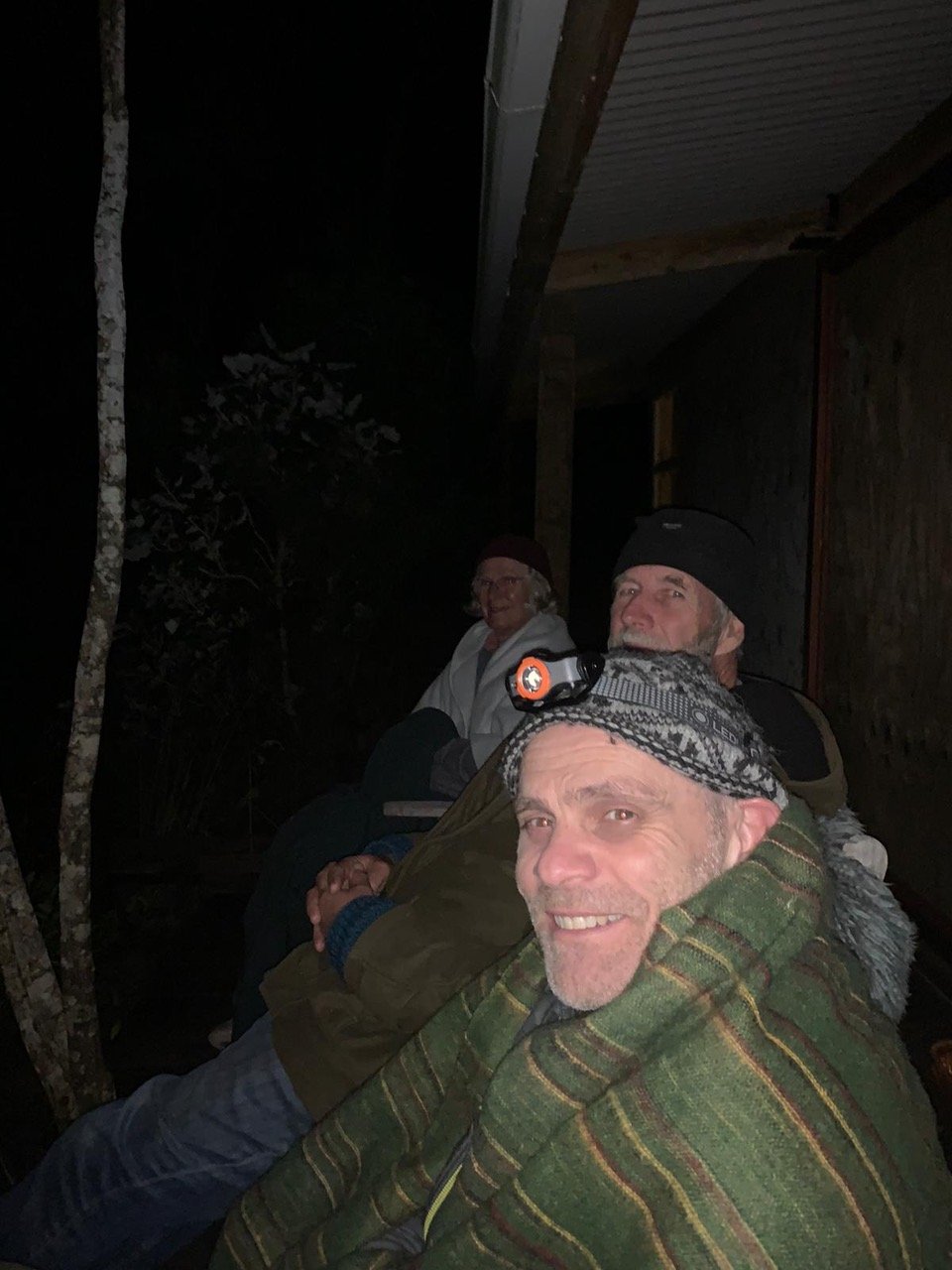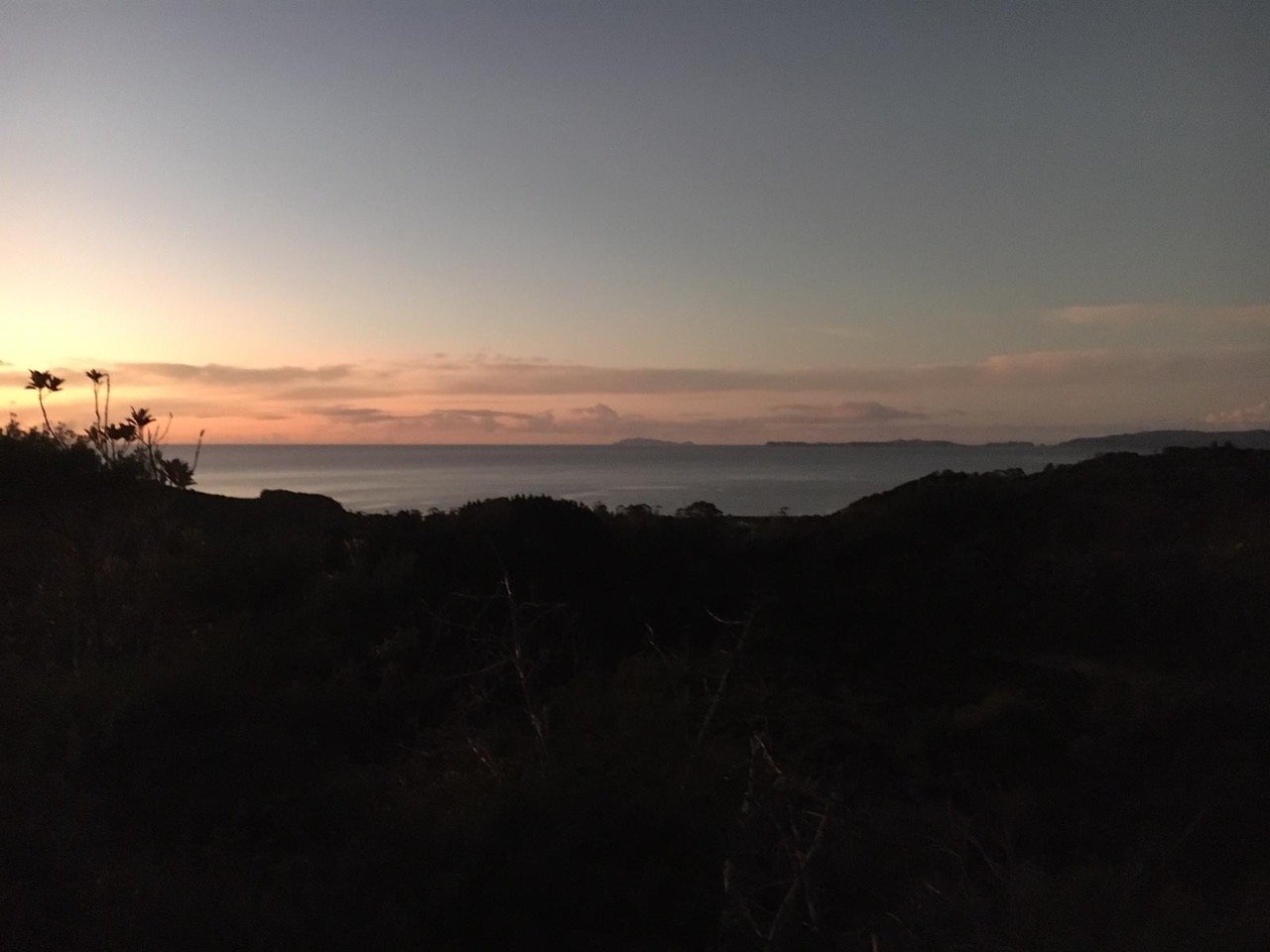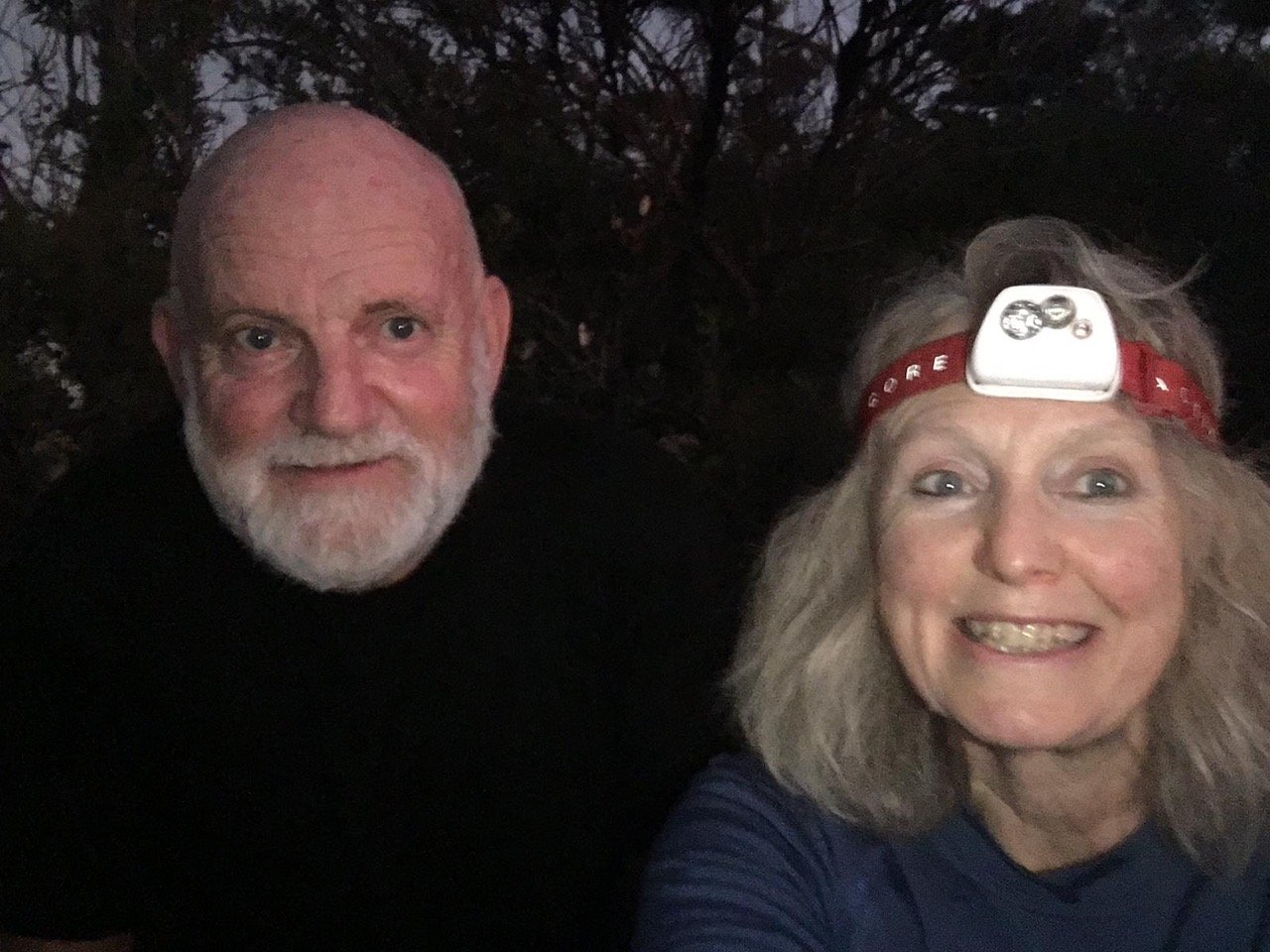MEDIA RELEASE
1 July 2022: An Exceptional Turnout Of Volunteers For The Inaugural Hauraki-Coromandel Regional Kiwi Call Survey
The inaugural peninsula-wide Regional Kiwi Call Survey has just wrapped up, following four nights of icy watchfulness by a throng of volunteers. Sitting silently at the same listening site for several hours over four nights as the temperature dwindled, these amazing people strained their ears to hear kiwi and record their calls in order to contribute to the Coromandel’s first regional population count of the beloved bird.
Katharina Hecht, Project Coordinator of the survey, has been thrilled to watch passion for the project grow as volunteers stepped up to take part. “Participation in the survey has created something of a buzz throughout the region. After some initial hesitation to commit to four nights in a row, the feedback from volunteers has been altogether fabulous. Many knew or had heard rumors about the presence of kiwi, and now we can start to put survey data to these reports.”
The survey will create a baseline of the kiwi population throughout the peninsula, with call sites stretching from Moehau down to the Maratoto Valley. Previous counts in the rohe have been done by individual groups, but this new approach is a chance to collaborate and collate data at a wider, regional level.
Incredibly, over 100 volunteers were willing to brave the cold June evenings for four nights in a row. Donning their warmest fleece and puffers, these hardy volunteers came from over 25 groups and individual sites. In order to prepare for the survey, three training events were held with over 60 people attending to learn how to crew the 37 listening sites (plus a further 9 sites using automated acoustic recorders).
Predator Free Hauraki Coromandel Community Trust (PFHCCT) Chief Executive, Jude Hooson, has nothing but kudos for those who gave up their time and their warm beds: “We’re so grateful to the many volunteers across the peninsula who played a vital role in helping us build a baseline understanding of kiwi presence, absence and abundance across our region. Undertaking this standard of monitoring on an ongoing basis will provide us with a greater ability to track our collective impact over time, evolve our programme where necessary and attract greater funding support. What is especially exciting is how much our volunteers got out of the experience – as beautifully expressed here by one of them:
"Thanks to PFHCCT for organising the Kiwi Survey. The last four nights have been a great experience to reconnect with nature, to hear the bird song on dusk, watch the sunset and do some star gazing. But also to down tools and completely switch off and get in tune with the environment."




